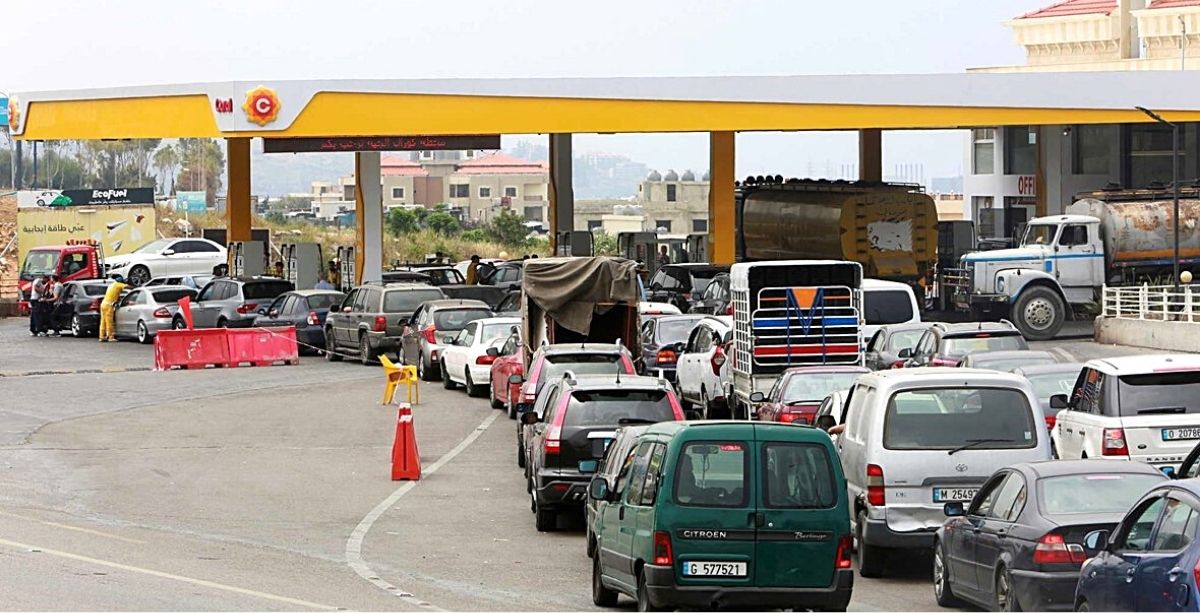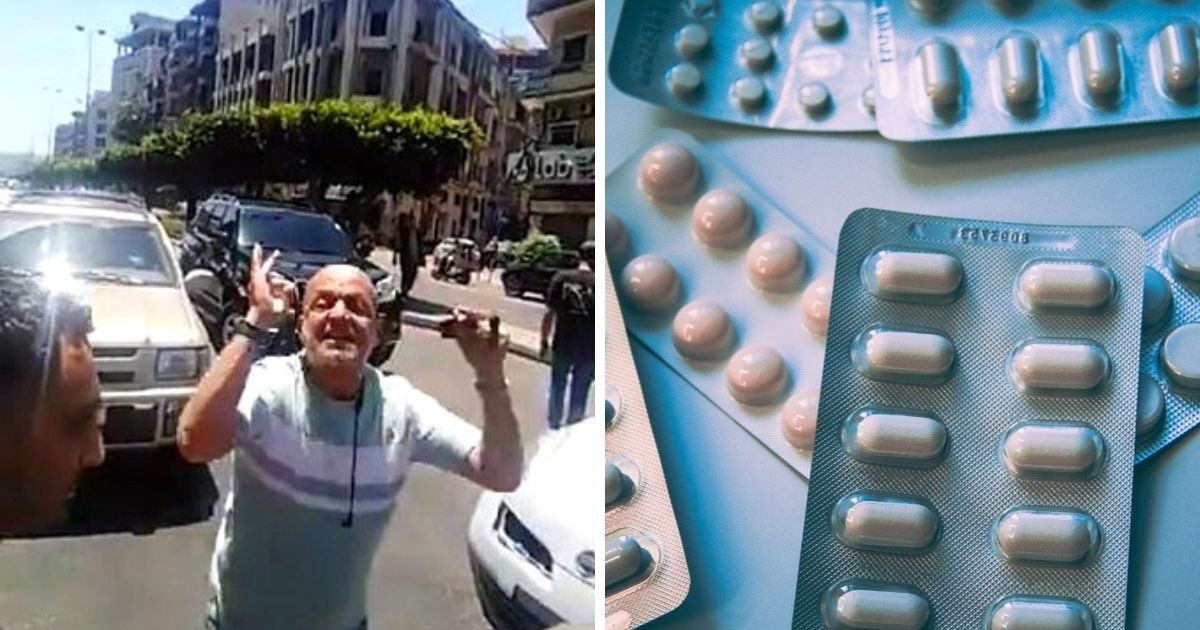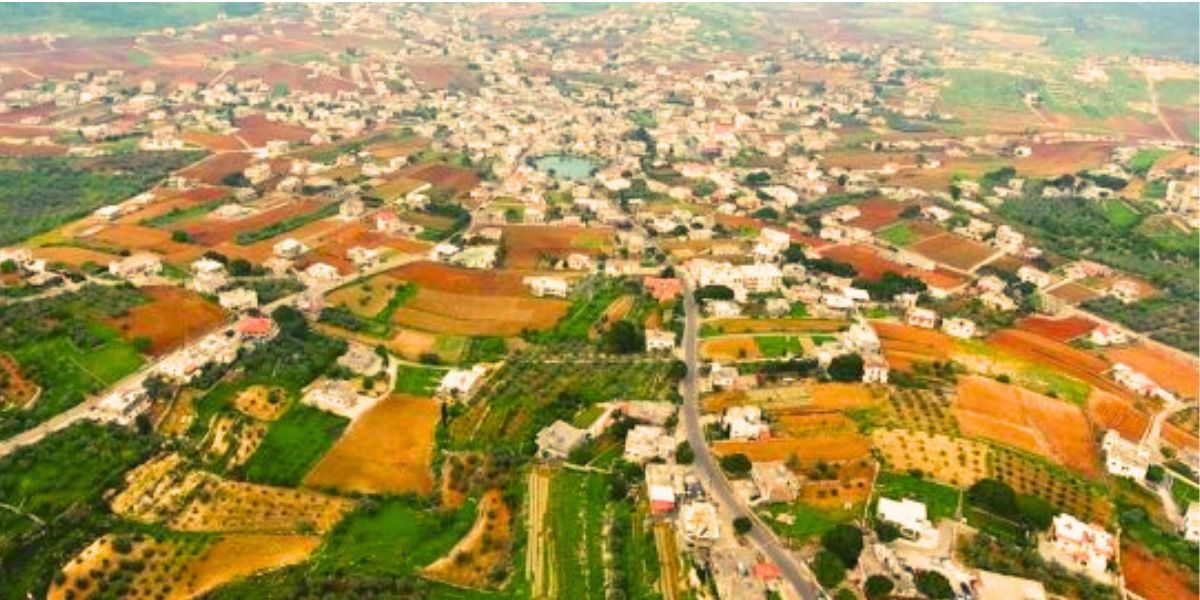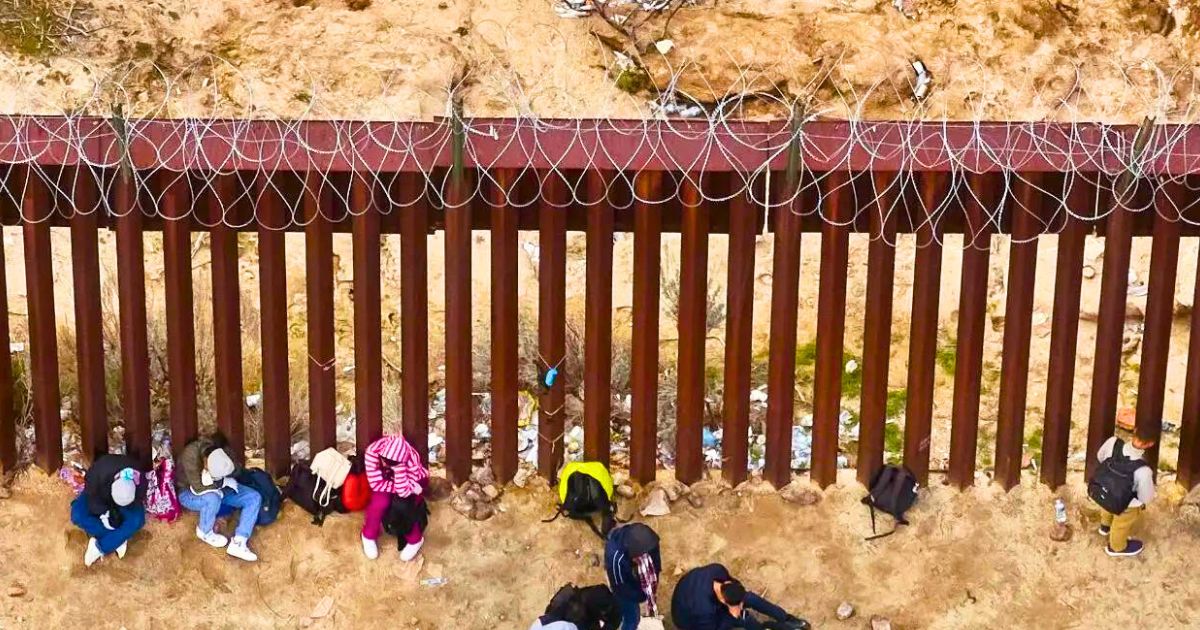After the Iranian Foreign Minister Hussein Amir Abdollahian met with several Lebanese officials on October 7th, he promised that his country will assist Lebanon in overcoming its crisis in various sectors.
In this regard, the import of Iranian medications into Lebanon has started in an attempt to hinder the shortage in the medical field.
However, like the Iranian fuel imported by Hezbollah, these imports of medicines are not subject to any official approvals nor registrations, or customs control. The medicines’ entry into Lebanon and their distribution process remain unknown.

Prime Minister Najib Mikati had previously expressed his disappointment in the US-sanctioning Iranian fuel shipments and also denied the involvement of the Lebanese government.
He declared that these illegal imports violate Lebanon’s sovereignty yet did not enforce any control over them.
The Iranian fuel imports by Hezbollah have not achieved their declared purpose, which was to ease the fuel crisis on the Lebanese people.

The fuel crisis and its impact on electricity supply are still wrecking the country and people’s lives, while Lebanon might be at risk due to importing fuel from Iran, a US-sanctioned country.
The same situation applies to the Iranian medical imports, which were meant to help the Lebanese people with the shortage of medicines, yet they are currently being sold in areas known as Hezbollah‘s strongholds, such as Dahieh, Bekaa, and Baalbek.
These areas had previously medical advantages on all other parts of Lebanon when cancer medications were only accessible to its partisans and their families.
While Hezbollah is part of the Lebanese government, these moves to allegedly help the Lebanese people have been restricted to only serve its own areas, and partially so.
The Lebanese across the country are still suffering from a shortage of medications, as well as fuel and electricity supply.

















